Entirely missing the lesson from their shellacking in the Voice to parliament referendum, the usual suspects of activists and Australia’s big corporates have continued their assault on our way of life, this time with Australia Day 2024.
Woolworths, chief among the big woke corporates, decided to pull Australia Day-related merchandise from its shelves.
Already a subscriber? Log in
Subscribe for just $2 a week
Try a month of The Spectator Australia absolutely free and without commitment. Not only that but – if you choose to continue – you’ll pay just $2 a week for your first year.
- Unlimited access to spectator.com.au and app
- The weekly edition on the Spectator Australia app
- Spectator podcasts and newsletters
- Full access to spectator.co.uk
Or
Unlock this article
Daniel Wild is Deputy Executive Director of the Institute of Public Affairs
You might disagree with half of it, but you’ll enjoy reading all of it. Try your first month for free, then just $2 a week for the remainder of your first year.

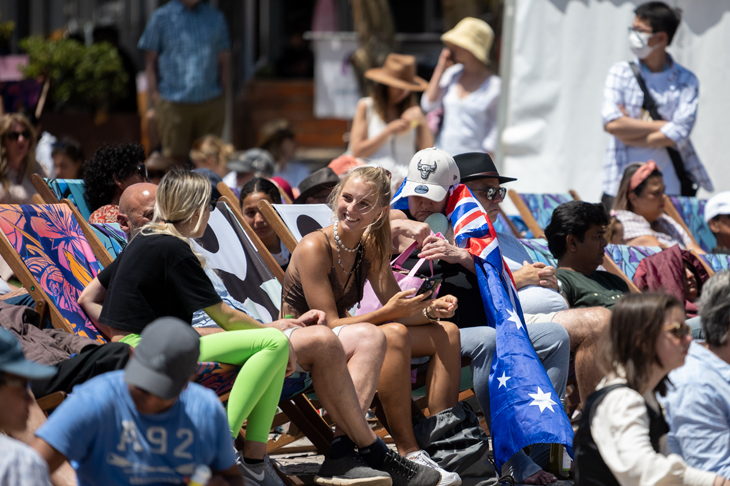
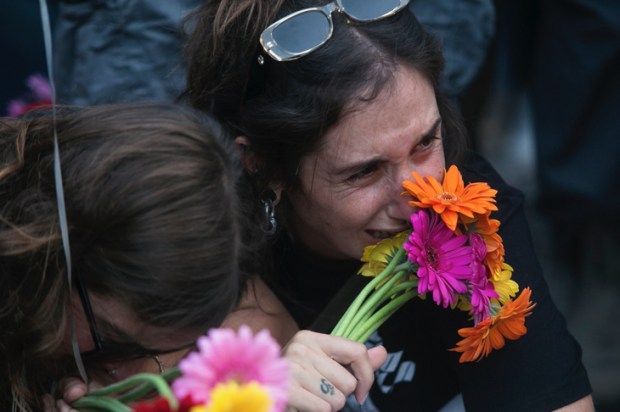

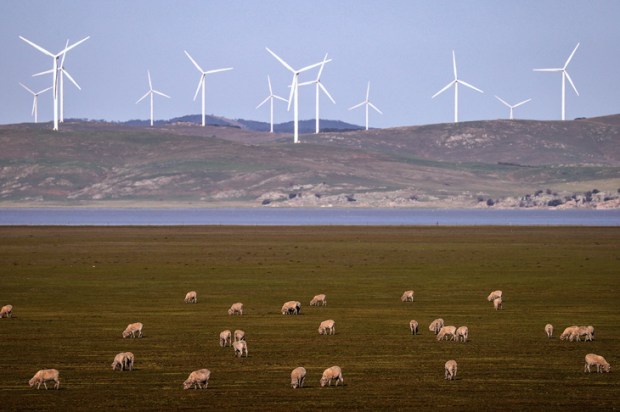
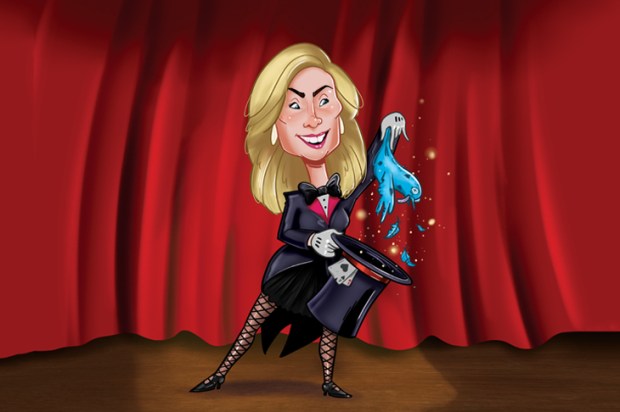
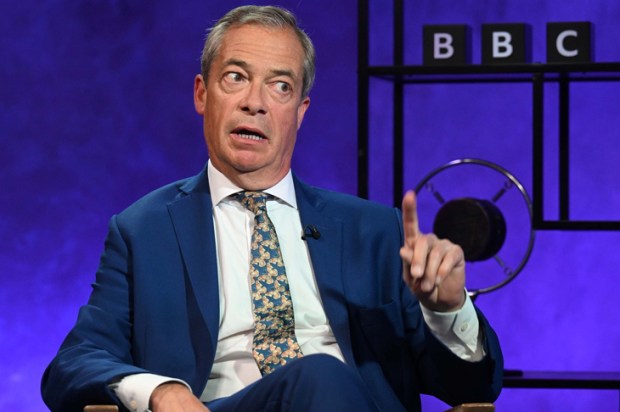







Comments
Don't miss out
Join the conversation with other Spectator Australia readers. Subscribe to leave a comment.
SUBSCRIBEAlready a subscriber? Log in